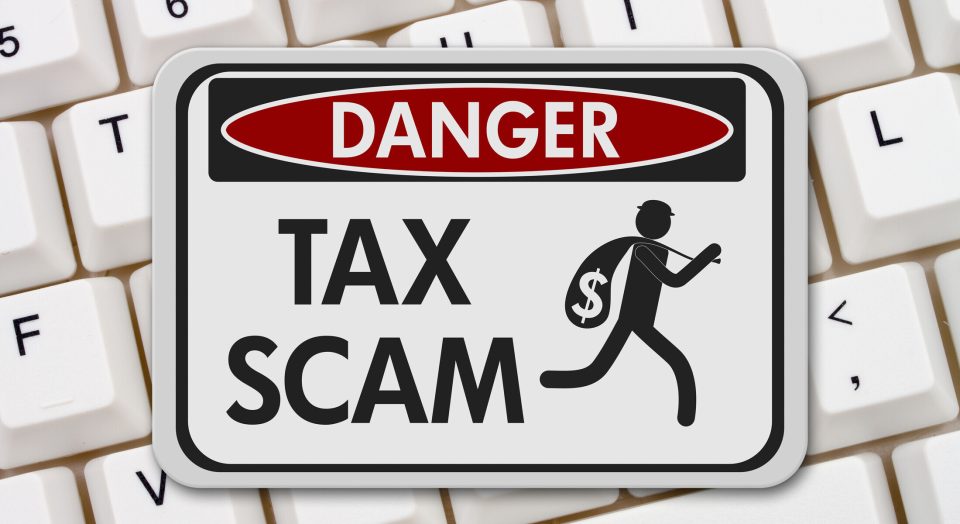Is Tax Season the New Scam Season?
Share
You’re not the only person excited about your tax return—this is a prime time for scammers. Thousands of people fall victim to these sophisticated scams each year.
You should be extremely skeptical of any emails or phone calls you receive from people claiming to be from the IRS or tax authority, especially those who are threatening or demand immediate payment. Know that these governing bodies will NEVER:
- Initiate contact with you via email, phone, text message, or social media outlets asking for personal or financial information.
- Demand immediate payment using a specific payment type (e.g. prepaid credit card or money order) Generally, the IRS will first mail you a bill if you owe any taxes.
- Threaten to immediately bring in law enforcement to have you arrested for not paying.
- Demand that you pay taxes without giving you the opportunity to question or appeal the amount you owe.
- Ask for credit or debit card numbers over the phone.
What do the scams look like?
- The scammer usually presents himself as an official from the IRS, a state official, or even tax software company, seeking information related to refunds, filing status, and/or confirming personal information.
- The communication usually involves a refund or bill, and may even threaten an audit if the bill isn’t paid immediately.
- Tax scam emails usually include a tax service’s name and even an official seal with a link to a phony website in order to appear official.
- The scammer may know a lot about his or her targets; don’t let that fool you.
How can you protect yourself?
If you receive an email regarding your tax return/bills:
- Do not reply to the message.
- Don’t give out personal or financial information.
- Forward the email to phishing@irs.gov and then delete the email.
- Don’t open any attachments or click on any links, as they may contain malware, which can infect your computer and allow criminals to access your files or track your keystrokes to gain information.
- For tax scams involving a state’s filing office, check the office’s website to see how they recommend reporting an attempted attack.
If you receive a call regarding your federal or state tax return/bills:
- Ask for a contact number and an employee badge number and then call back to verify its legitimacy.
- Call the IRS or state tax authority to inquire further and verify the accuracy of the call.
- Contact the Treasury Inspector General for Tax Administration, and use their IRS Impersonation Scam Reporting webpage to report the incident.
- Report the incident to the Federal Trade Commission through the FTC Complaint Assistant on their website (add “IRS Telephone Scam” to the comments section).
For more in-depth information about these scams, please visit https://www.irs.gov/uac/tax-scams-consumer-alerts.
This information was gathered from IRS.gov and Allied Solutions, LLC.
You May Also Like

We use computers and mobile devices in almost every facet of our lives. Check out these suggestions for protecting yourself against these attacks.

It’s important to take the proper steps to keep your identity and finances safe. Here’s what to do if your information has been taken.

Quick, easy ways to identify a scam.